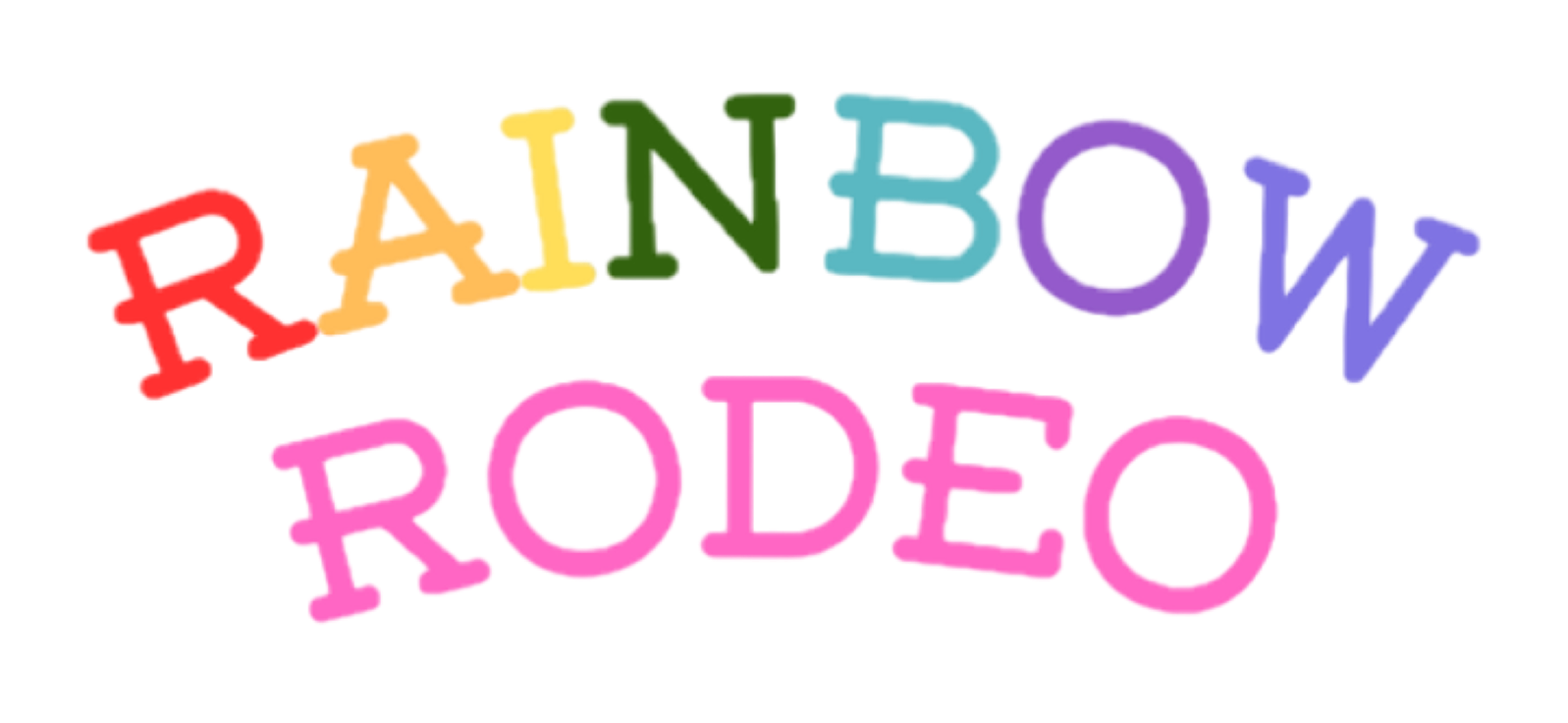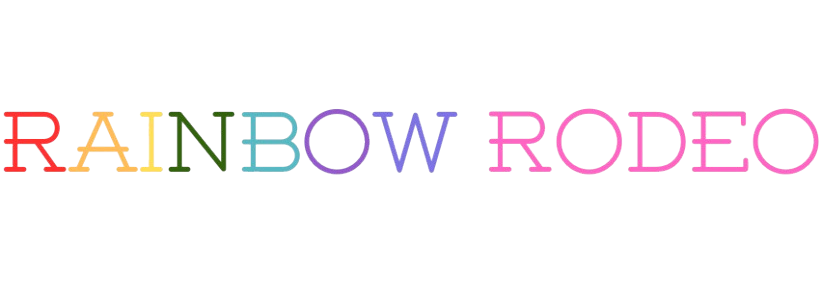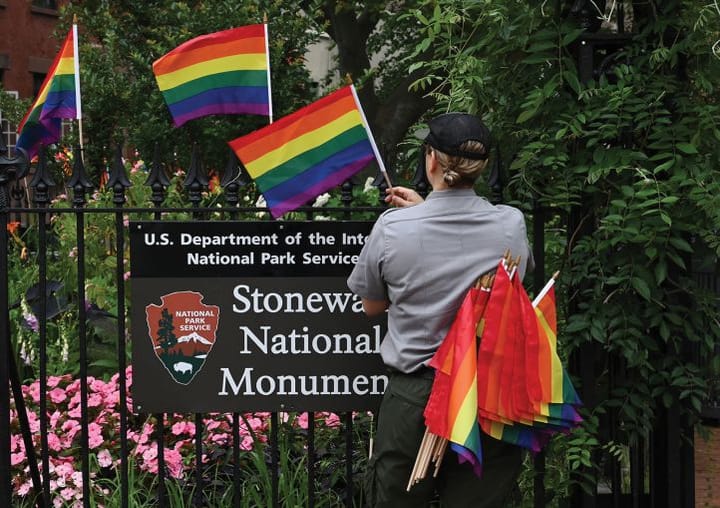Queering Country Music With the Grammys
As queer people, we don't always like labels...even though we also understand their importance. Editor Rachel Cholst uses this lens to understand why the new Grammy category is falling flat.

Every Thursday, editor we deliver an editorial for paid subscribers. Join us for as little as one dollar a month to support queer country music! (Subscribers – read to the end for an update on the mix CDs.)
It happens to all of us, I think. We've long known that we're not like the other kids – we don't have crushes on the same people as everyone else. There's something about our gender presentation that other people pick up on and make fun of. We know we're different. We know who we want to be. But we don't want to put a label on it. That's reductive.
But also...wouldn't it be helpful to have a word or phrase that can encapsulate us – a label that could help us find others?
When the Grammys announced that they were separating the Best Country Album category into Best Contemporary Country and Best Traditional Country, there was a lot of head-scratching. Who now? Is it because of Beyonce? How will this impact the genre? What's the point?
Recording Academy CEO Harvey Mason Jr. explained to Billboard Magazine that this change is meant to clarify things for Grammy voters.
“The issues have been, traditionally, a lot of people that weren’t sure whether [an album] was Americana or roots or folk or country were just jamming everything into one category,” Mason says.
“There are obviously nuances between the different genres. Those experts in those genres understand those nuances, and I’m quite certain now you’re going to see the right people going into Americana versus folk versus traditional country. [The change] gives us an opportunity to put things in more specific categories.”
I'm gonna be real with you – can you define the differences between all of those subgenres? Not even Jed Hilly, executive director of the Americana Music Association can – and he's the one who pushed for the Americana category in the first place.
Overall, industry folks feel this is a positive change. Texas Monthly's Dan Solomon and the inimitable Andrea Williams of The Tennesean argue that this can only be a good thing. More categories means more awards opportunities for everyone – especially marginalized artists.
With that being said, I think that country music's inherent white supremacist underpinnings make the creation of this category more complicated than its counterpart in other genres.
The distinction between "traditional" and "contemporary" already exists in the Pop and R&B categories. (Think acts like Nora Jones in the "traditional pop" category.)
"For the most part," Solomon writes in Texas Monthly, "the determining factor between a 'traditional' release and a standard one seems to be commercial success."
Well ok...but isn't that what the Americana category was intended to solve?
On the other hand, Williams points out that Black artists may no longer feel compelled to contort to genre expectations – to prove their country bona fides – if the industry embraces both trad and pop country sounds.
I’ve always argued that the path to Black success is country music runs straight through community and authenticity, no matter what it sounds like. It’s just the road few have been willing to take.
But now, Black artists can trust that there’s a way toward Grammy consideration in either direction.
I guess I have to wonder if creating further taxonomies in roots music will actually open more opportunities for marginalized artists. Nashville has been perfectly happy to incorporate trap and R&B on their radio waves...as long as the artist is white.
Does a "traditional" category also presume that the singer will be a "traditional" country singer in other senses of the word? Does that just relegate everyone else to Americana which will, once again, act as an island of misfit toys?
Country music as a genre is built on shaky ground: this has always been rural music that incorporates urban sounds to appeal to an audience of rural people with urban aspirations – to the exclusion of Black people. It's not as simple to divide genre awards into acknowledging artists who are more commercially viable than others, as it might be in pop and R&B, because this genre has been gatekept by definition.
If marginalized people are denied access to the mainstream, will creating more awards categories equalize anything?
As queer people, we know that labels are both limiting and life-affirming. It is my hope that this change creates a bigger pie for artists to cut slices out of, but it's my fear that it will push certain artists to scramble for the same small slice.
Mix CDs
Welp...I finally finished the page layouts for issue 6 of the zine. I was so excited to check that off my to-do list and finally sit down and rip CDs for you when I realized...my laptop doesn't have a disc drive. I flipped it over, turned it over from side to side...I bought the thing on sale four years ago – didn't it have one???
So with that being said, I'm going to need to locate a disc drive and rip them. But THEN they're yours! (Pretty sure my mom still has one...) Worst case, I'll buy an external drive. Never hurts to have one around.
I'm so sorry about the delay! I'm going to throw in some extras into the packages as a thank-you. And I'm going to randomly select one of you to receive the original cover art from the issue 5 zine!




